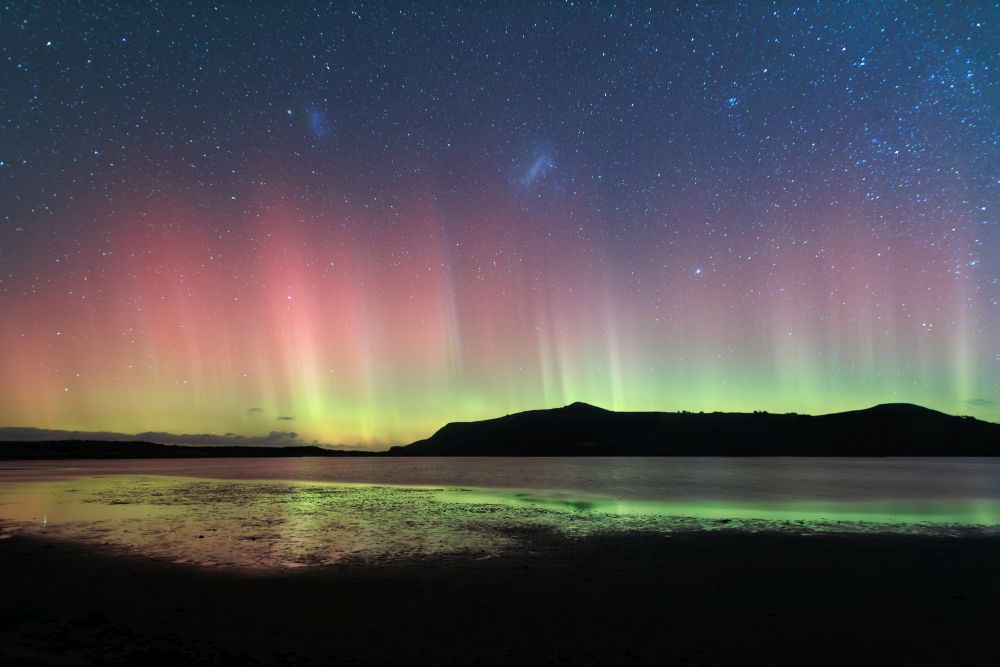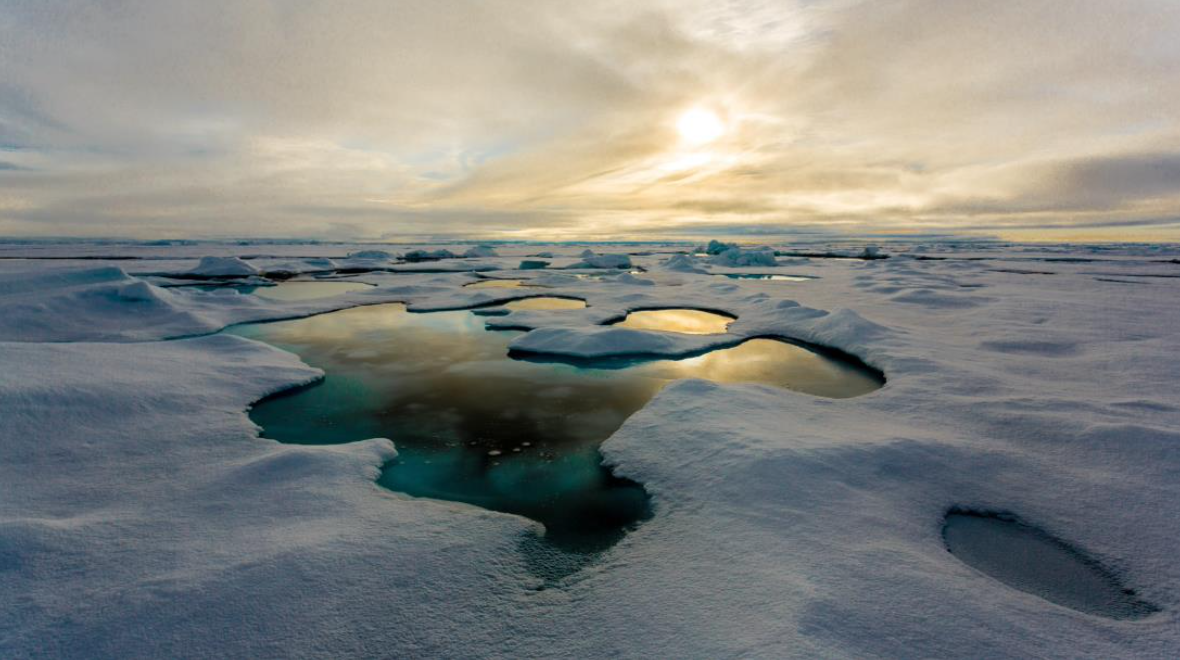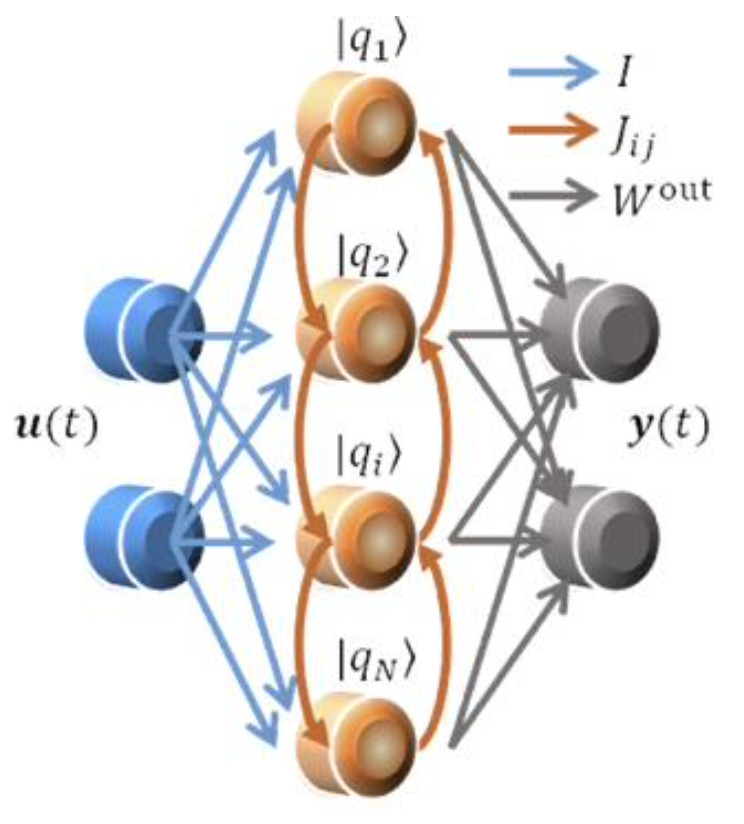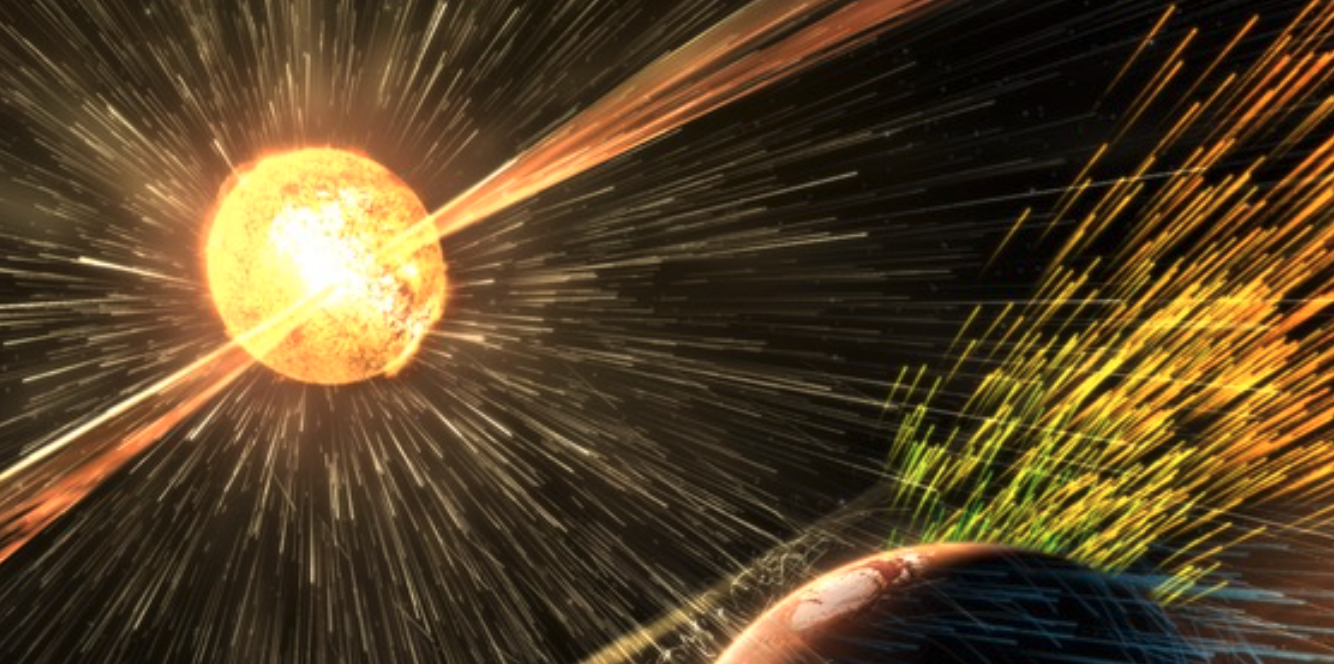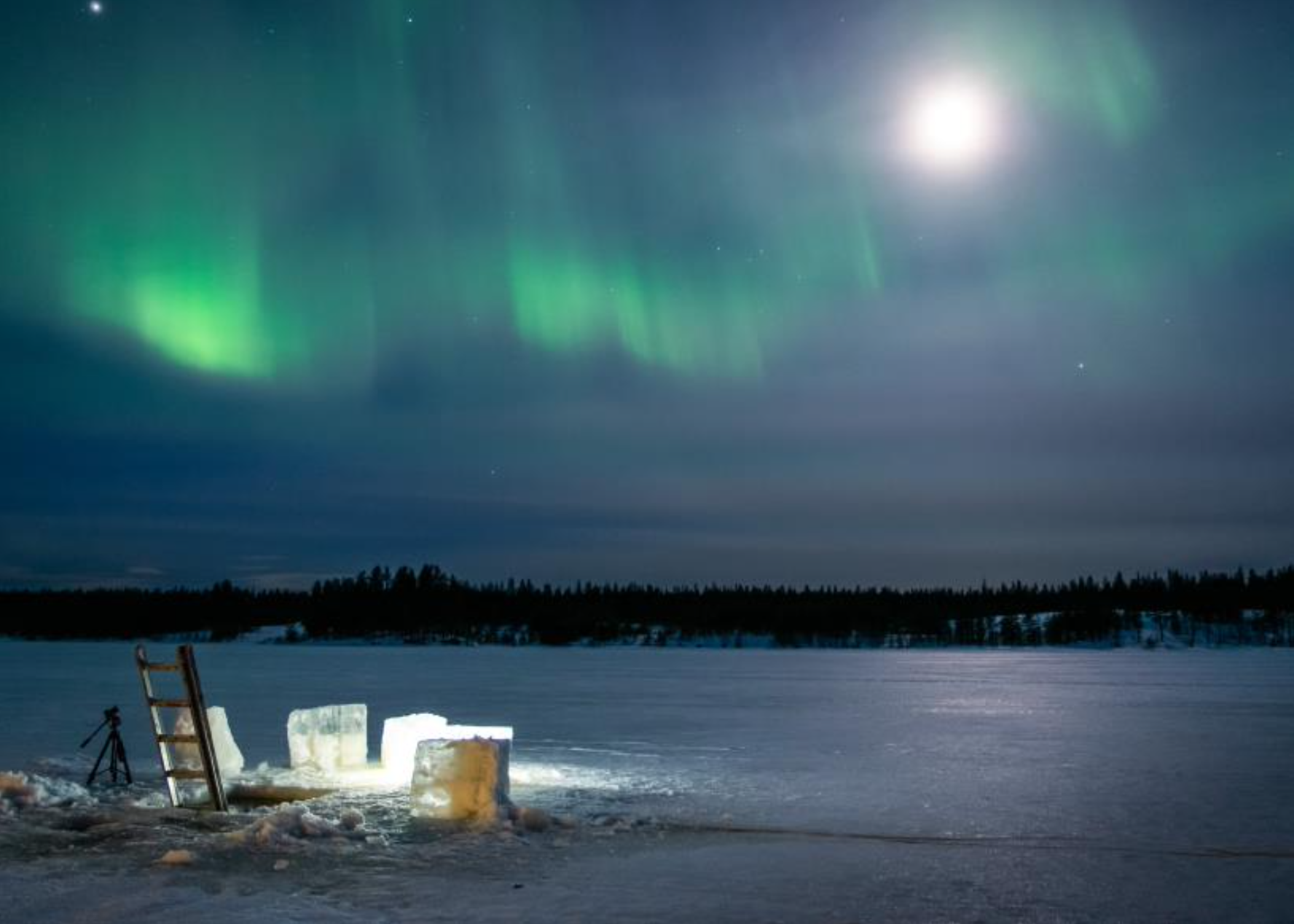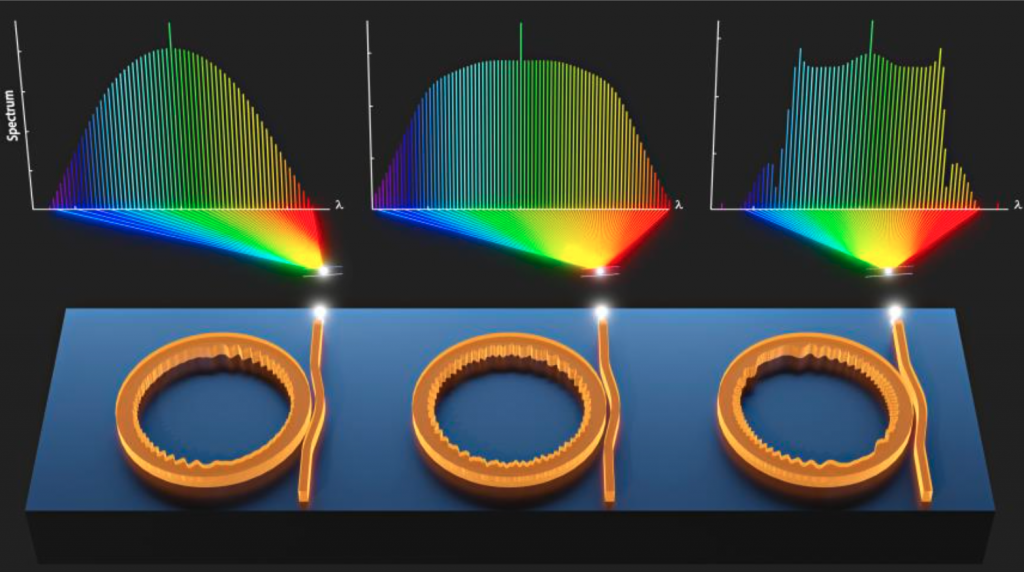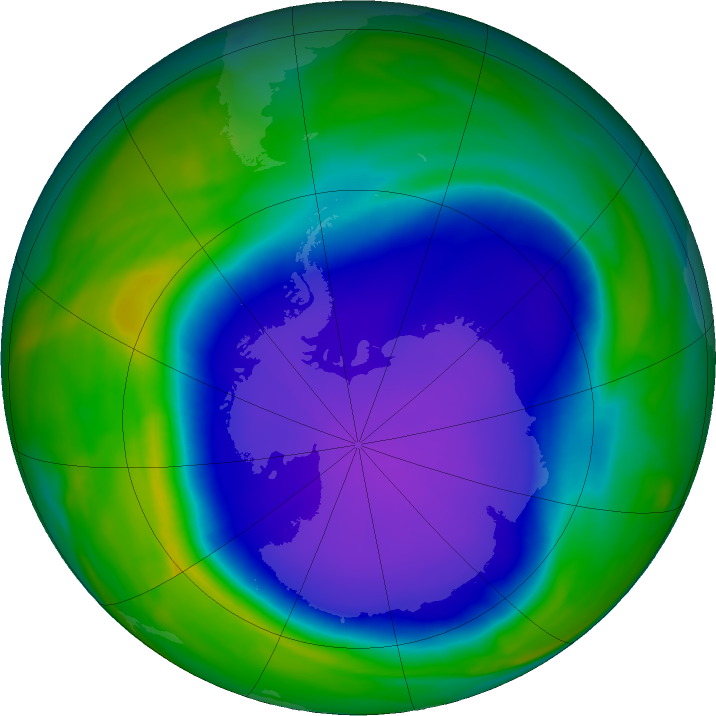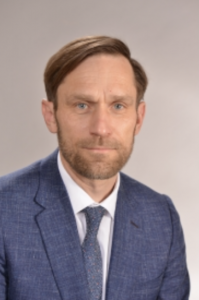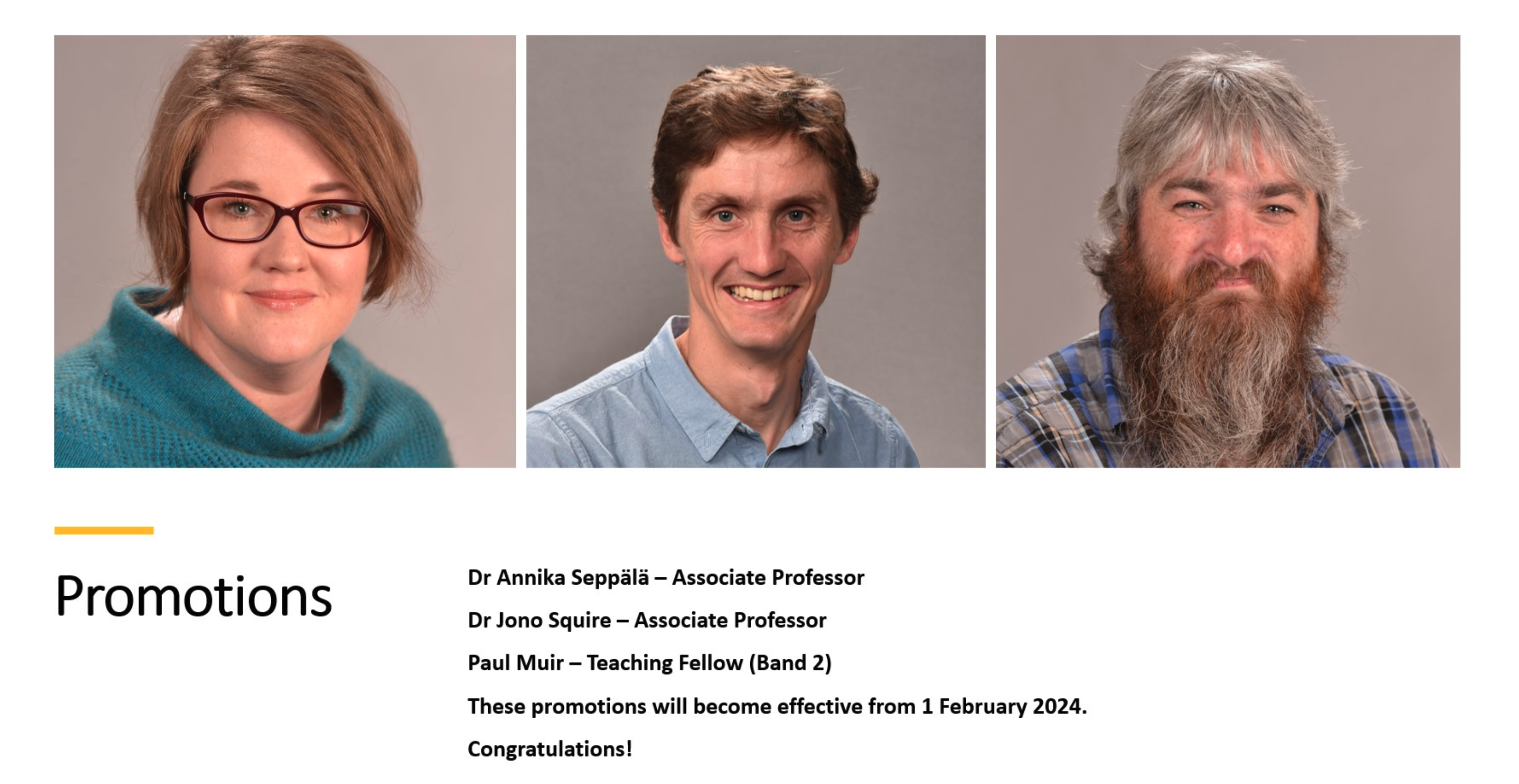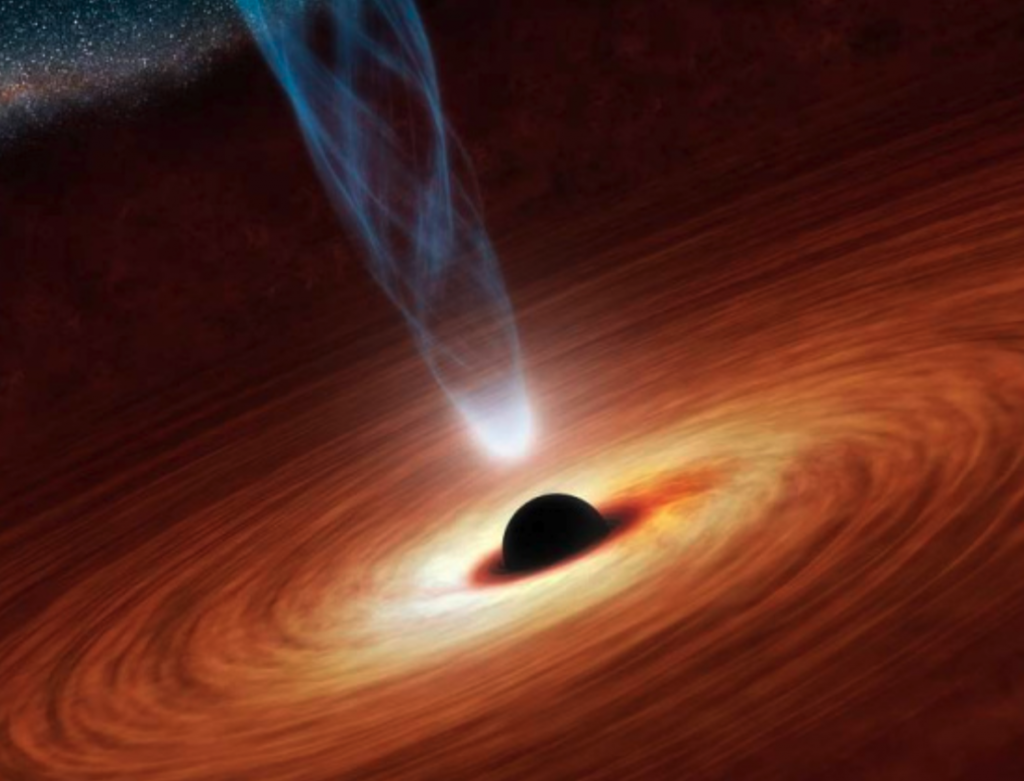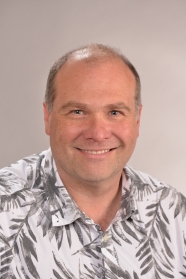 An extremely large “G5” geomagnetic storm occurred on Saturday 11 May 2024, leading to widespread aurora seen all over the country and all over the globe.
An extremely large “G5” geomagnetic storm occurred on Saturday 11 May 2024, leading to widespread aurora seen all over the country and all over the globe.
Extreme space weather can strike at any time, and New Zealand has to be ready. Professor Craig Rodger leads an international team of scientists working on making New Zealand’s energy infrastructure able to withstand large space weather events like Saturday’s geomagnetic storm. The Solar Tsunamis Endeavour Programme led out of the University of Otago Physics Department helped Transpower design their space weather response plan which was enacted for the first time during this event.
Craig appeared in a series of interviews by Radio New Zealand on Saturday 11 May 2024 about the solar storm. Coverage of the space weather event appeared in multiple media outlets:
- RadioNZ: “Solar storm exciting rather than scary, says physics expert”,
- Otago Daily Times: “Another aurora expected as ‘solar tsunami’ heads towards Earth”
- Star News: “Spectacular aurora lights up skies in the south”
- One News: “Aurorae: More solar storms could hit soon, expert says”
Aurora seen across New Zealand on Saturday 11 May 2024 led to interviews which screen on TV1 news on Sunday 12 May 2024, as well as a different interview on TV3 news, and Stuff’s Newsable podcast programme. Saturday’s storm wasn’t the end of the story, with more aurora activity predicted for Sunday night appearing in
- Stuff: “Second chance to catch stunning aurora in NZ skies”
- Newstalk ZB: “Solar storm: Where to see the aurora – are we set for another week of cold temperatures?”
- NZ Herald: “Solar Storm: National power emergency grid emergency extended till this evening”
- The Press: “Second chance to catch stunning aurora in NZ skies”
- Craig was interviewed for The Breeze, Hawke’s Bay, and Newstalk ZB.
- RadioNZ also published “Explainer: The science behind the Aurora Australis” after an email exchange with Craig.
- On Monday 13 May 2024 Craig appeared live on the TV3 AM Show, and had a live discussion with the Mai FM Morning Crew.
On Monday Craig followed up with predictions of more southern lights
You can also watch Craig and former PhD student Dr Daniel McManus explain how physics helped keep the lights on over at TikToc.
A superb effort presenting science that matters to the public. Well done Craig!
For recent data in the Ōtepoti Dunedin area, and a “nowcast” predicting your chances of observing aurora, check out the Solar Tsunamis Aurora Australis Alert. The G5 event can be seen in the data from Sunday:

